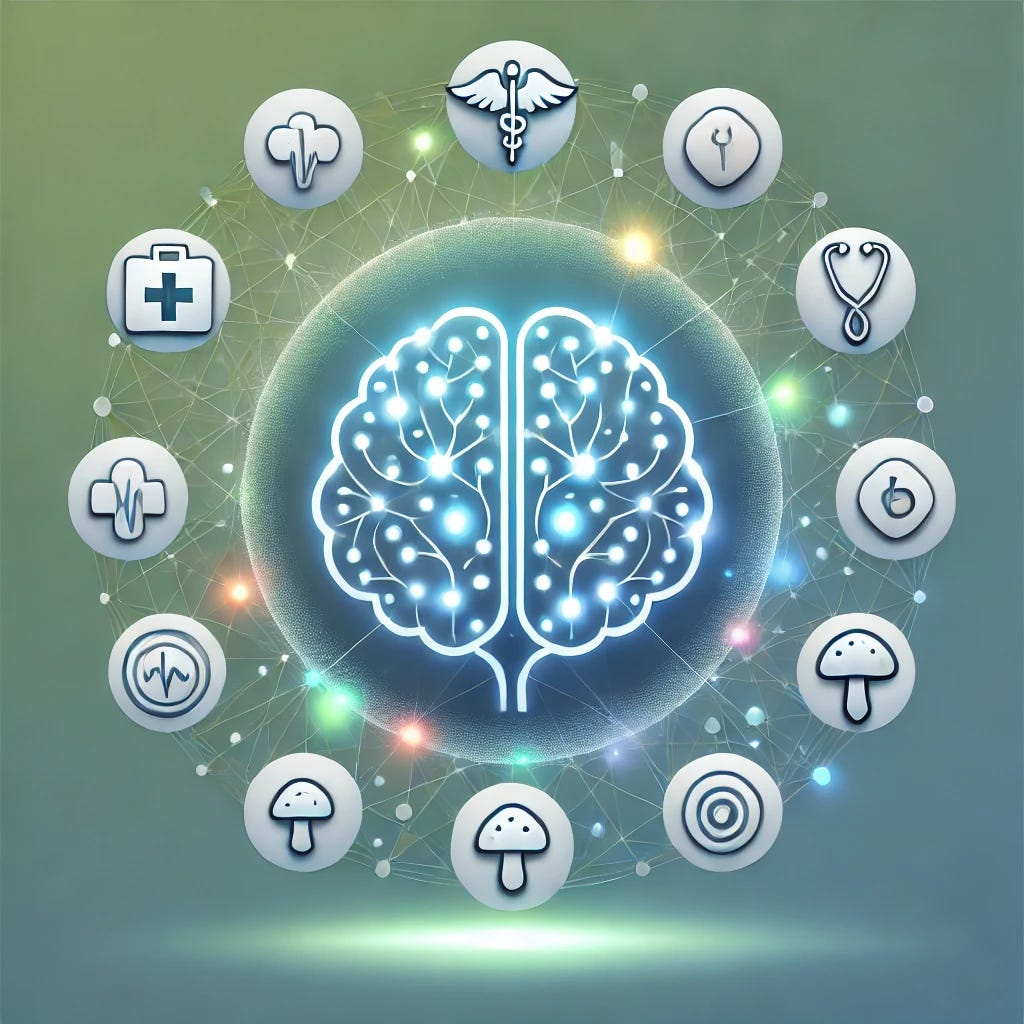Psilocybin Therapy Reduces Depression Symptoms in Clinicians
A groundbreaking study highlights psilocybin’s potential to alleviate depression among COVID-19 frontline healthcare workers.
Topline
A randomized trial found that psilocybin therapy led to a 21-point reduction in depression scores for clinicians compared to niacin, marking a significant breakthrough in post-pandemic mental health care.
Study Details
During the COVID-19 pandemic, frontline clinicians faced immense psychological strain, leading to burnout, depression, and post-tra…
Keep reading with a 7-day free trial
Subscribe to Just Healthcare to keep reading this post and get 7 days of free access to the full post archives.


